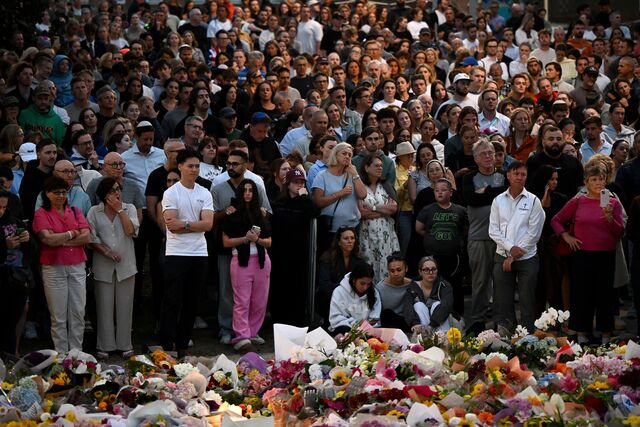It may seem strange for this book column to discuss movies, but the forthcoming Melbourne Taiwan Film Festival is a highly recommended event.
Taking place at ACMI (Australian Centre for the Moving Image) on May 22-24, it featured the work and creative processes of some of Taiwan’s best filmmakers.
The festival’s four films and accompanied Q&As opened a window to the past and present of Taiwan as a modern democracy.
They also showcased the diverse ethnic and cultural identities that combine to make the Taiwanese society vibrant and dynamic.
The event began with the award-winning art-house film A Journey in Spring (2023), a sensitive and nuanced depiction of grief and family relations through the lens of aging couples.
It told the story of an elderly man trying to grapple with the unexpected and overwhelming loss of his wife of many years.
The festival’s second film, Hunter Brothers (2024), was a poignant exploration into the ways of Taiwan’s indigenous community.
Yuci and Siring are brothers whose lives were profoundly changed by a hunting accident that took their father’s life in the mountains.
Years later, their world collapses, torn apart by the opposite pulls of modernity and tradition.
Taiwan’s indigenous peoples account for 3.4 per cent of its total population, similar to the figure of 3.8 per cent in Australia.
The film’s director, Su Hung-En, is of mixed indigenous/Taiwanese heritage.
Constant switching between these two identities allows him to see the world from different perspectives, a unique experience that is not uncommon across our own nation.
The third film featured in the festival is the iconic A City of Sadness (1989), one of the must- see masterpieces probing the multifaceted and intersectional history of Taiwan.
It follows the Lin family from 1945 to 1949, the period after the end of fifty years of Japanese colonial rule and before the formal establishment of Chiang Kai-Shek’s Nationalist Government in Taipei.
The Lin brothers suffer different fates, but the film focuses on the youngest, a deaf-mute photographer played by renowned Hong Kong actor Tony Leung.
The character is arrested during the infamous February 28 Incident in 1947, where thousands of Taiwanese people were killed by Nationalist troops.
The incident marked the beginning of over forty years of “White Terror”, the political repression of Taiwanese civilians and political dissenters by the ruling Nationalist Government.
This dark chapter in their history is a reminder for present and future generations of Taiwanese people to cherish their hard-earned freedom and unity.
Finally, the festival’s fourth and last film offered much light relief while tackling social issues with humour and heart. The horror comedy Dead Talents Society (2024) tells the story of a rookie ghost trying to find self-worth in the afterlife.
The ghosts here have to work hard scaring the bejesus out of the living in order to become rich and famous “influencers”.







